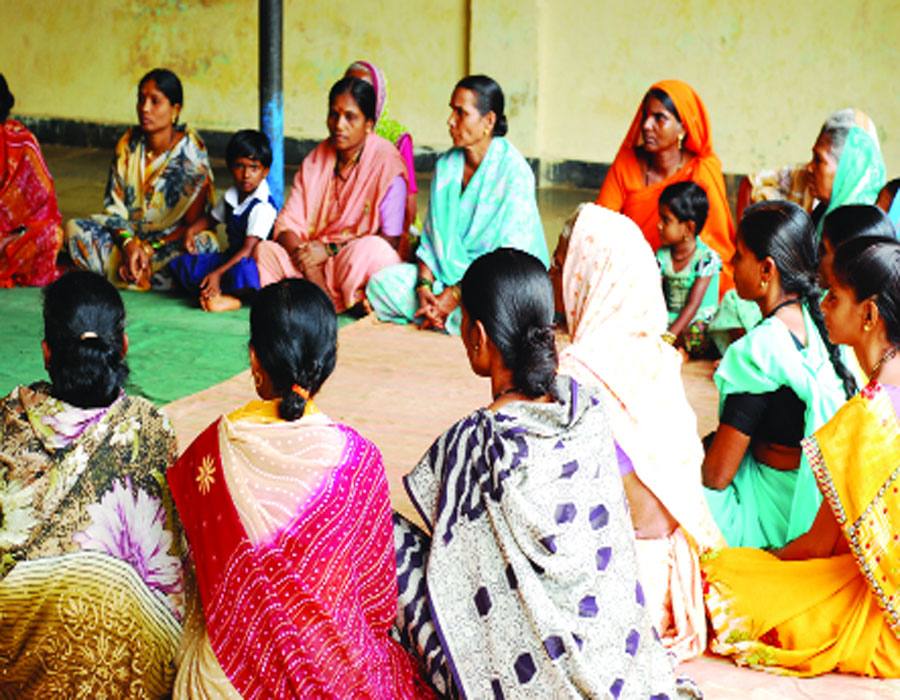The mere presence of tax incentives can signal the importance of CSOs in a society and encourage philanthropy within society
Many countries across the world provide tax incentives for donations made to civil society organisations (CSOs) as a policy measure to help these organisationsas well as acknowledge the critical rolesthey play in society. India too provides tax incentives for charitable donations and has done so for several decades. However, very little discussion takes place, especially in India, on how such incentives work, whether they are effective and what can be done to make policies more enabling for CSOs.
An original study produced by the Centre for Social Impact and Philanthropy, Ashoka University in research partnership with Centre for Budget and Governance Accountability (CBGA), focusing on twelve countries, including India, sheds light on some of these questions.
Tax incentives do have a positive impact on the level of donations, the study finds. They help increase the amount donated by existing donors, and sometimes encourage non-donors to start donating. While the extent of influence tax incentives has on donations by average donors is small, it can be significantly high for large and wealthy donors.
Also, tax incentives for charitable donations have a ‘signalling effect’. That is, independent of whether donors avail tax incentives, the mere presence of tax incentives can signal the importance of CSOs in a society and create a wider norm of philanthropic giving within society.
The study also finds that tax incentives are likely to influence donor behaviour, depending on whether they are perceived to be easy to understand and access andseen as being ‘fair’ by the majority.
How do India’s tax incentives compare to that of other countries? Factorssuch as tax rates, the form in which incentivesare given, the tax incentive rate, etc., determine the generosity of tax incentives offered for charitable donations. That is what incentivises donors. Developed countries such as the UK, the US, France and Singapore have relatively more generous tax incentive structures. India’s tax incentive structure falls in the middle with it being somewhat more generous compared to other developing economies such as Bangladesh, Brazil and Mexico.
A unique feature of India’s tax incentives for charitable donations is that it is the only country (among the countries studied) where donations to select government entities also attractincentives. More importantly, tax incentives offered for these entities are far more generous than those offered for donations to CSOs. While the entire amount donated to certain government entities can be claimed as deduction, only half the amount donated to NGOs can be claimed as deduction. Further, the maximum amount that can be claimed as deduction is as high as 100 per cent of annual income for donations made to select government entities and funds, compared to a mere 10 per cent when donating to NGOs.
Understandably, this skewed tax incentive structure tilts the scales in favour of government entities and away fromCSOs,which are far more dependent on such donations.
The absence of taxes that target the wealthy relatively more, such as wealth tax and inheritance tax, also makes India’s tax incentives for charitable donations, less appealing for high-net worth individuals and large donors.
The Union Budget 2022-23 was an important occasion to take certain steps for providing a more enabling policy atmosphere for civil society organisations (CSOs) in India.
Arguably, one of the many challengesthat CSOs face is raising enough resources for carrying out their work effectively. This problem has compounded further due to the quantum jump in resources required to deal with the multiple socio-economic crises induced by the pandemic and growing constraints on international funding.
In such a scenario, tax incentives for charitable donations become even more criticalfor CSOs. Increasing incentives for donations to CSOs to bring them at par with what is offered for donations to many government entities and funds could go a long way in easing the situation. Even China, which is not known to have very favourable policies for the charitable sector, has raised the generosity of its tax incentiveoffered for charitable donations in response to the COVID-19 pandemic, as has the USA.
For the government, providing more generoustax incentives comes with the risk of losingtaxrevenue. In order to avoid that, the government could have considered re-introducing taxesthat affect the wealthy and provide tax incentives for donations on these. This one measure could have helped in inducing more donations from the wealthy as well help the government raise more revenue. The Budget was an ideal opportunity to bring in these changes, but that was missed.
(Srinath is with Centre for Social Impact and Philanthropy, Ashoka University. Chakravarty and Jaiswal work with Centre for Budget and Governance Accountability (CBGA), New Delhi. The views expressed are personal.)
























